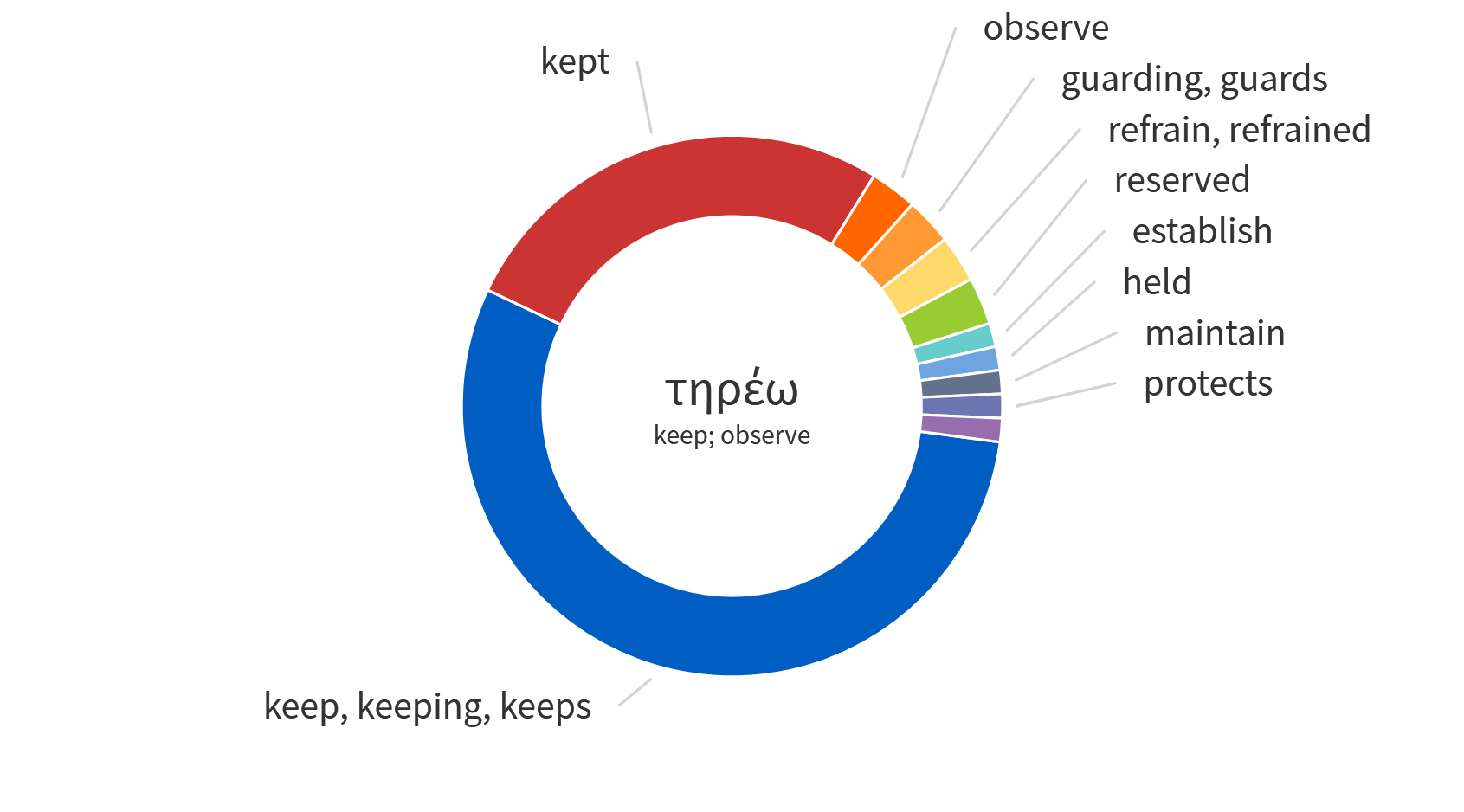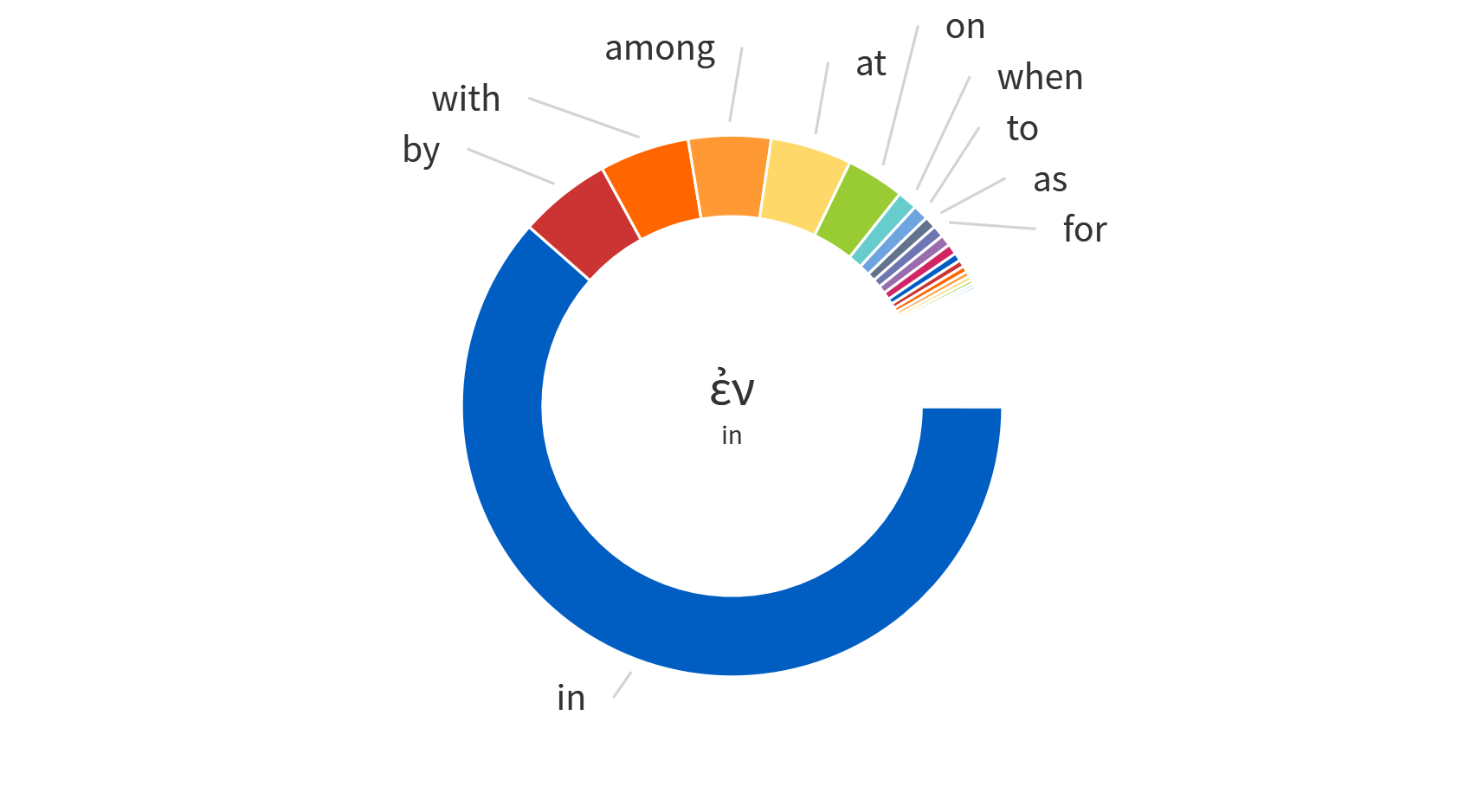I'll quote Bruce Metzger's textual commentary. This explains some of variation, but not the variation in translation. Key is how to translate the aorist active imperative τήρησον and the dative ἐν τῷ ὀνόματί.
power is a supplied word not in the Greek text, apparently taking the dative as instrumental.
faithful in the alternate translation is also supplied. It's the result of translating the dative as place/location.
When a dative follows a preposition, you should not attempt to identify the dative’s function by case usage alone. Rather, consult BAGD for the specific usage of that case with that preposition. Although many of the case uses overlap with the uses of the preposition + the dative (especially with ἐν + the dative), the parallels are not exact. Furthermore, where there is overlap of usage, there is usually not overlap of frequency of occurrence (e.g., although the naked dative as well as ἐν + the dative can express sphere, the frequency of such usage is much higher with ἐν + the dative).
--
Wallace, D. B. (1996). Greek Grammar beyond the Basics: An Exegetical Syntax of the New Testament (p. 175). Grand Rapids, MI: Zondervan.
ἐν prep. w. dat.... I. of place ... II. of time—1. to denote a period of time ... III. causal or instrumental—1. introducing the means or instrument, ...
--
Arndt, W., Gingrich, F. W., Danker, F. W., & Bauer, W. (1979). A Greek-English lexicon of the New Testament and other early Christian literature : a translation and adaption of the fourth revised and augmented edition of Walter Bauer’s Griechisch-deutsches Worterbuch zu den Schrift en des Neuen Testaments und der ubrigen urchristlichen Literatur (p. 260). Chicago: University of Chicago Press.
Senses in the New Testament

Senses in the New Testament

17:11 ᾧ δέδωκάς μοι {B}
The reading that best accounts for the origin of the others has also the strongest attestation: the difficulty of ᾧ (which is read by 𝔓60, vid א A B C K L W Δ Θ Π Ψ 054 f f 28 565 700 Byz Lect) prompted some copyists to replace the dative (which is attracted to the case of the antecedent) with the accusative ὅ (D* X 2148 al) or with the plural οὕς (Db 892vid 1009 vg goth eth geo2 al). The latter correction could also have been prompted by the recollection of ver. 6 or the statement in 18:9. The omission of one or more clauses from several ancient witnesses (𝔓66* ita, , , , , syrs copach2) may be due to the difficulty of the original reading, or it may be accidental.
17:12 ᾧ δέδωκάς μοι, καί {B}
See the comment on ver. 11.
--
Metzger, B. M., United Bible Societies. (1994). A textual commentary on the Greek New Testament, second edition a companion volume to the United Bible Societies’ Greek New Testament (4th rev. ed.) (p. 213). London; New York: United Bible Societies.

